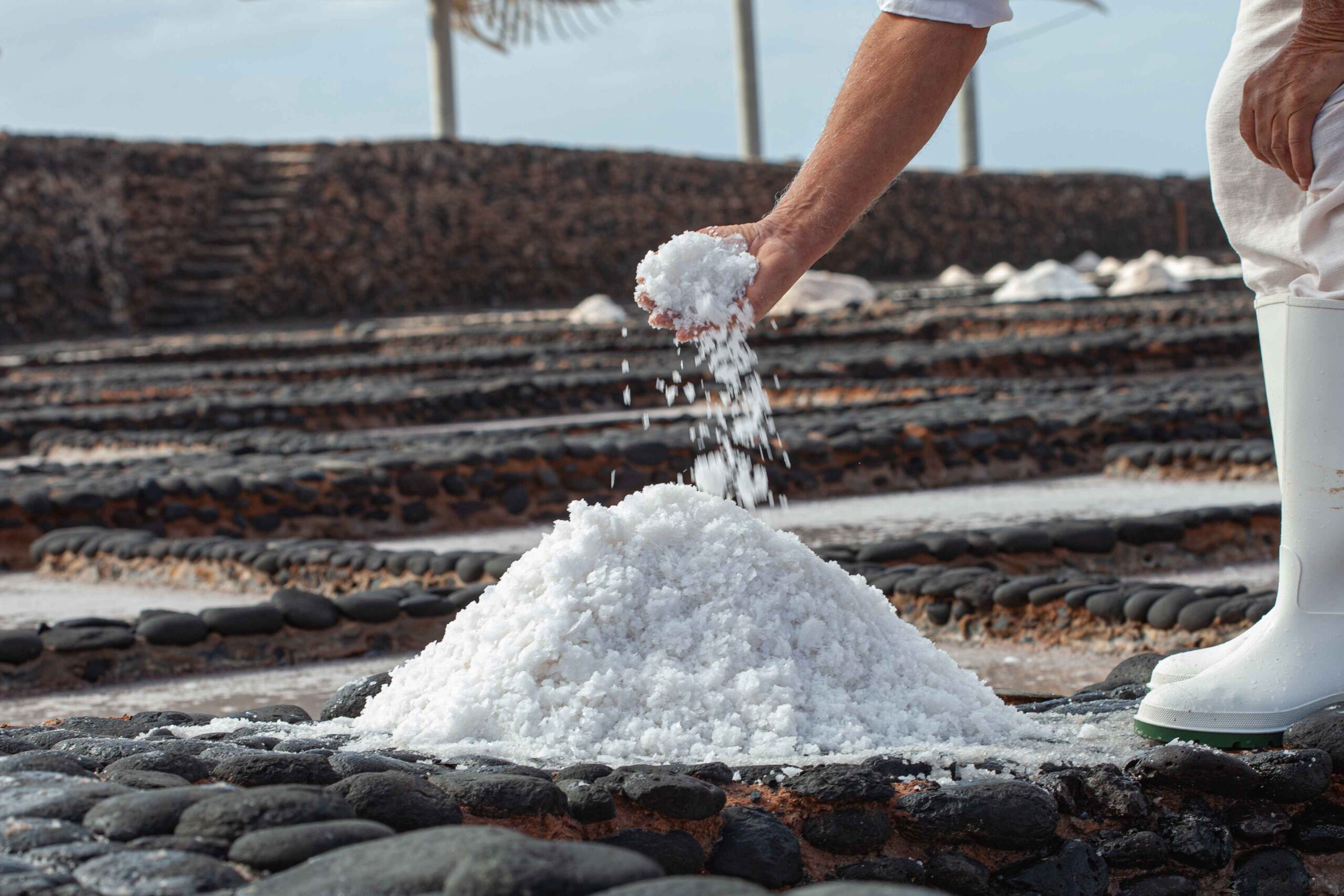How Do Salt Manufacturers in India Meet Growing Demand?
People worldwide depend on salt for many things, including food, farming, and other business processes. Due to population growth, the need to keep food fresh, and more industrial uses, the world’s salt demand keeps increasing. Salt manufacturers in India must develop new ways to make salt to keep up with the market.
In this article, we will look at how salt manufacturers deal with these problems while keeping production standards high, ensuring the product is sustainable, and meeting customer expectations.
1. Production capacity growth
Salt producers are expanding and updating operations to meet increased demand. By investing in bigger salt processing plants that work better, manufacturing companies can meet the growing needs of many businesses.
Companies are, for instance, putting up advanced factories with computerized systems that make salt more efficient. This growth helps meet demand and makes the best use of resources, lowering costs and making makers more money.
Salt manufacturers are also exploring new geographic areas with significant salt reserves to diversify their sources of raw materials and guarantee a constant supply. By exploring untapped salt mines or high-salinity coastal places, they can ensure long-term production and serve a broader range of customers.
2. Salt Manufacturing for Sustainability
Sustainable practices are increasingly vital to customers and businesses, including salt makers. Salt makers utilize eco-friendly production methods to meet increased demand and reduce environmental impact. Some of these practices are using less energy, throwing away less, and using renewable energy sources like solar power to evaporate salt.
Traditional ways of making salt, like evaporating seawater, use a lot of water, so salt manufacturers also try to use less. Additionally, some salt manufacturers in Kutch are switching to organic salt production, which uses natural and chemical-free methods to make salt that customers who care about the environment will enjoy.
3. Automation and Technology in Production
By combining automation and advanced technology, businesses can better meet the growing demand for salt. Automation lowers human labor and speeds up manufacturing, ensuring consistent quality. From collecting and washing salt to drying and packing it, automated systems optimize every step in salt facilities.
Companies that make salt also use modern technologies to make their tools more reliable. These include predictive maintenance and real-time monitoring systems. The systems use sensors and data analysis to predict equipment failure, plan repairs, and minimize costly downtime. Thus, salt makers can increase productivity, maintain production flow, and meet customer delivery deadlines.
4. Customising and Diversifying
As people’s tastes change, there is a greater need for customized and varied salt goods. To meet client demands, salt businesses make more than table salt. Health-conscious people with diverse nutritional demands can find what they need. Sea salt, kosher salt, Himalayan pink salt, and low sodium are available.
Salt makers also make special salts for industry uses, like making chemicals, treating water, and melting snow. Salt manufacturers can keep their customers returning by adding new products. This plan allows them to change with the market and stay affordable even when demand changes.
5. Supply Chain Management Improvement
Salt manufacturers need a well-organized supply system to keep up with rising demand. Logistics management systems, trustworthy suppliers, and better distribution networks improve supply chains. By optimizing raw material and end goods transportation, salt producers can cut lead times, pricing, and delivery delays.
Salt manufacturers are also using digital tools to improve the clarity of their supply chains. These tools make it easy for them to work with suppliers and wholesalers and monitor inventory levels. They can also act quickly to change demand and avoid production problems.
6. Research and Development Promote Innovation
Research and development (R&D) is where companies that make salt spend a lot of money to develop new products and improve production. It help businesses find better ways to make the steps they take to make salt, lower their costs, and develop new uses for salt.
Additionally, it helps businesses discover fresh ways to sell and use salt, such as in the pharmacy industry, where medical treatments require very pure salt. The salt business needs numerous fresh ideas to remain ahead of trends, satisfy clients, and make more money.
Conclusion
To meet global salt demand, salt manufacturing company in India boosting production, utilising eco-friendly ways, automating technical processes, offering more goods, enhancing supply chain management, and investing in R&D. As people will need more salt, companies that make it must adapt and develop new ideas to stay in business.














Post Comment